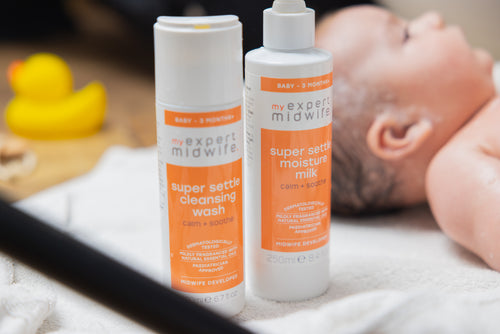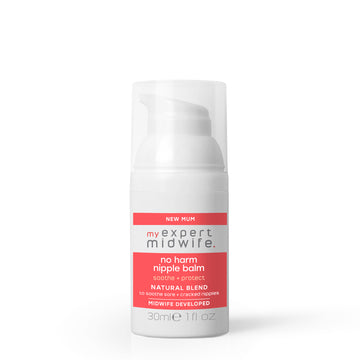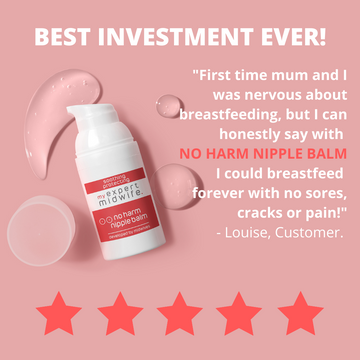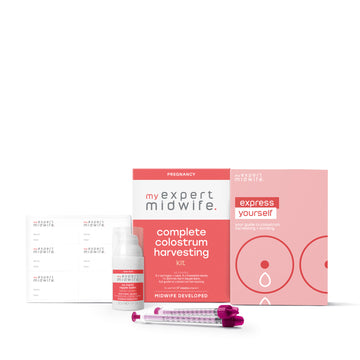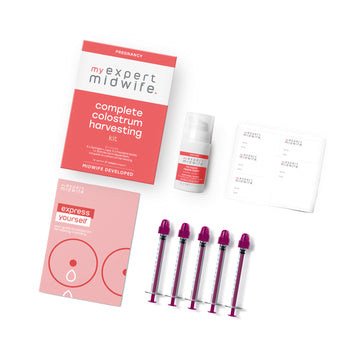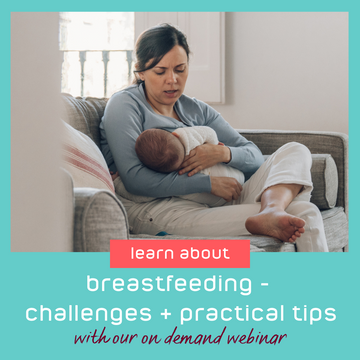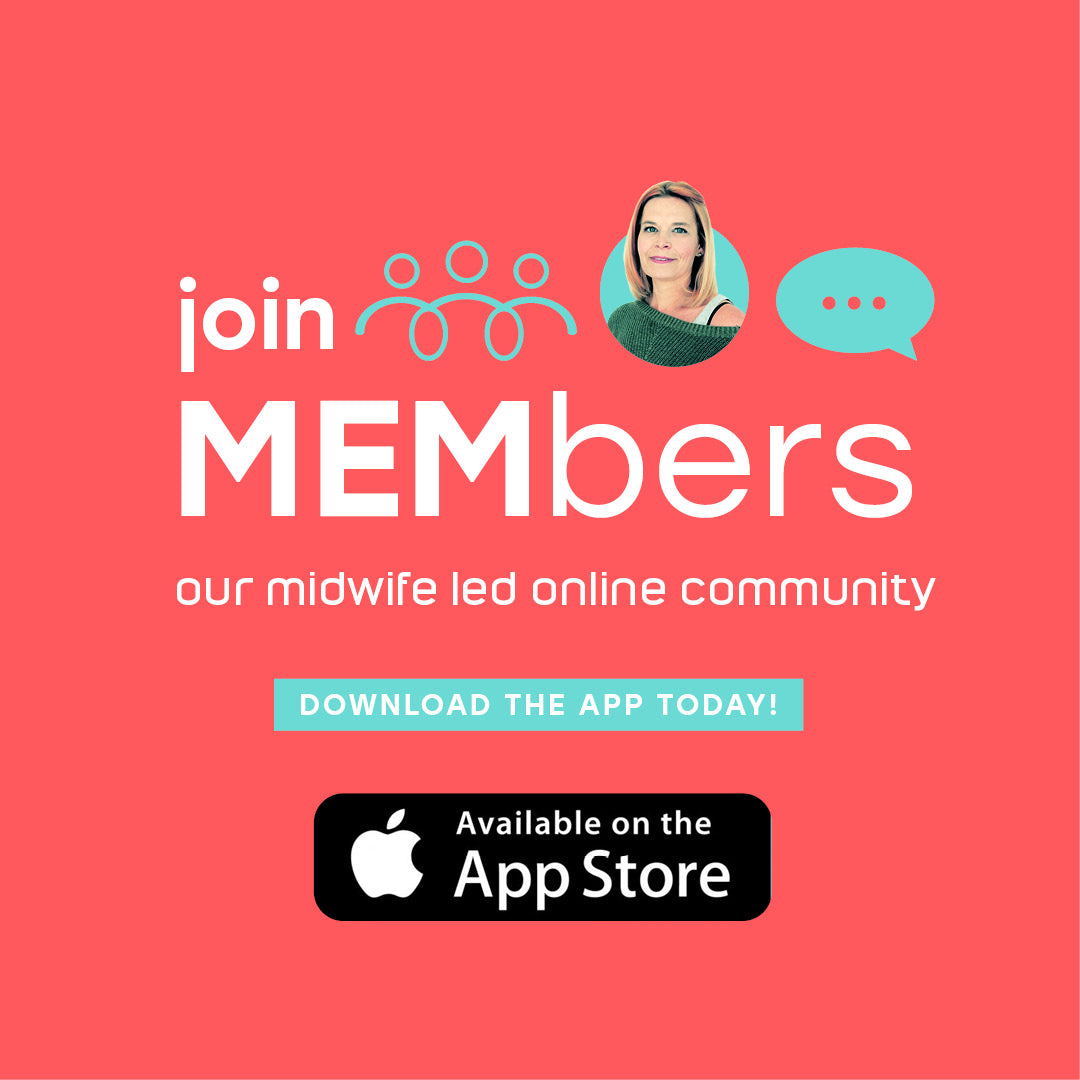Breastfeeding is often perceived as difficult in modern society and something we don’t know enough about. This is partly because we don’t observe babies being openly fed in society as often as we should. The result is a population of women who need to ‘learn’ breastfeeding, often from square one, once their baby has been born. As well as needing to learn how to breastfeed, problems can often be encountered after a long labour, surgical birth or sleepless nights which seem difficult to tackle with a tired and emotional mind. Therefore, it is good to be prepared with useful tools and information that can help you to overcome possible challenges in the early days.
- Breastfeeding may seem that it is not working properly in the first few days and weeks after birth. When breastfeeding doesn’t go smoothly it can be easy to feel like you have failed or give up even if you wanted to breastfeed for longer. But many breastfeeding difficulties such as baby not latching effectively, feeding very frequently or not gaining weight quickly enough are not problems, they are just short periods of time where you need extra input and advice to provide you with a plan to help you resolve them.
- Hand expressing or colostrum harvesting can be started from 36/37 weeks of pregnancy. Learning how to express breastmilk during pregnancy may help you to collect enough milk to freeze and use during the early days after the birth whilst breastfeeding is establishing. Equally, if you don’t collect any colostrum (the first milk), it will enable you to feel more confident about handling and learning how your breasts work to provide milk for your baby. For further guidance on learning how to hand express, join our live and interactive webinar on colostrum harvesting, taught by one of our midwives.
- Baby wearing can help your baby to have easier access to breastfeeding whilst you remain able to do other things and move around during feeding times. It can take a little time to get used to wrapping and carrying your baby around but there are lots of videos available to help you. Baby carriers are not just for transporting your baby when you are out and about, use them indoors, too, so your baby can feed when they want to, as well as be comforted by being close to you. La Leche League provide guidance surrounding the benefits of baby wearing and how to do this safely here.
- Investing in a well-fitting nursing bra can help to prevent problems such as blocked milk ducts and/or mastitis. A bra which doesn’t fit properly can restrict milk flow and cause your breasts to become uncomfortable and even contribute to mastitis (sore and inflamed breast tissue). The same goes for tight or restrictive clothes. Make sure your bra fits well and is supportive and that your clothes are loose and preferably made from natural fibres such as cotton, wool or silk so your body can breathe.
- Up to 10% of babies can have some form of tongue-tie when they are born. A baby may be diagnosed with a tongue-tie if their frenulum has formed in a way that restricts or changes the movement their tongue has in their mouth. The frenulum is the piece of skin which anchors the tongue to the bottom of the mouth. In some babies it may extend towards the tip of the tongue more than normal or it could be thicker and more restricting where it is joined. Many babies who have a tongue-tie will be able to breastfeed without you or them experiencing issues, so the current advice is to monitor feeding before considering separating the tongue-tie. If needed, tongue-tie separations can be performed by a specialist practitioner, during a quick out-patient procedure.
